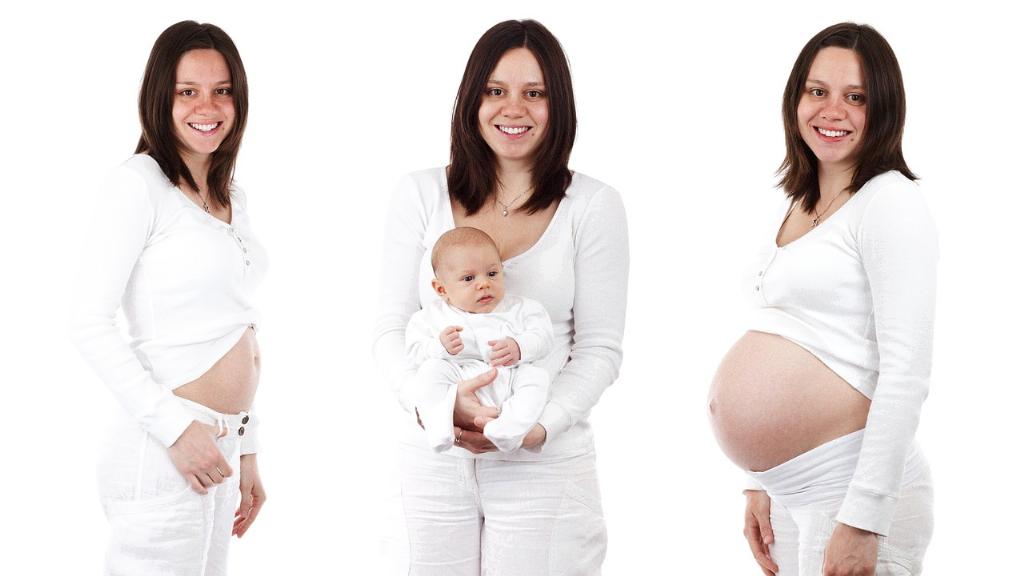When it comes to pregnancy in older mothers, there are several symptoms that could potentially arise. It’s essential to be aware of these signs to ensure a smooth and healthy pregnancy journey.
1. Nausea
Nausea, often referred to as morning sickness, is a common symptom experienced by many pregnant women, including older mothers. It can be overwhelming at times but is usually a temporary discomfort that can be managed with various remedies.
2. Heartburn
Heartburn is another prevalent symptom that older mothers may experience during pregnancy. The hormonal changes and pressure on the digestive system can lead to this uncomfortable sensation. It’s important to watch your diet and avoid triggers to alleviate heartburn symptoms.
3. Backache
Backaches are a widespread complaint among pregnant women, especially those of advanced maternal age. The additional weight gain and shifts in the body’s center of gravity can contribute to back pain. Gentle exercises and proper posture can help manage this symptom.
4. Fatigue
Feeling tired and fatigued is a common symptom of pregnancy, and it can be particularly challenging for older mothers who may already have busy lifestyles. Getting enough rest and seeking support from loved ones can help combat pregnancy-related exhaustion.
5. Frequent Urination
As the uterus expands and puts pressure on the bladder, older mothers may experience an increased need to urinate frequently. This symptom is a normal part of pregnancy but can be bothersome. Staying hydrated and emptying your bladder regularly can offer relief.
6. Shortness of Breath
Shortness of breath can occur in pregnant women due to the growing fetus pressing against the diaphragm. Older mothers may notice this symptom more prominently, especially if they have pre-existing respiratory conditions. Taking slow, deep breaths and avoiding strenuous activities can help manage this issue.
7. Swelling
Swelling, or edema, is a common symptom in pregnancy, typically affecting the feet and ankles. Older mothers may experience more pronounced swelling due to reduced circulation and increased strain on the body. Elevating your legs and wearing comfortable shoes can alleviate this discomfort.
8. Mood Swings
Hormonal fluctuations during pregnancy can lead to emotional ups and downs, commonly known as mood swings. Older mothers may find it challenging to cope with these changes, but open communication with a partner or healthcare provider can offer support and understanding.
9. Constipation
Constipation is a frequent complaint during pregnancy, as hormonal changes and pressure on the intestines can slow down digestion. Older mothers may be more prone to this symptom due to age-related digestive issues. Consuming fiber-rich foods and staying hydrated can help regulate bowel movements.
10. Stretch Marks
Stretch marks are a common skin concern for pregnant women, as the skin stretches to accommodate the growing baby. Older mothers may notice these marks more prominently due to reduced skin elasticity. Keeping the skin moisturized and maintaining a healthy weight can help minimize the appearance of stretch marks.
11. Insomnia
Insomnia, or difficulty sleeping, can be a frustrating symptom of pregnancy, especially for older mothers who may already have sleep disturbances. Establishing a calming bedtime routine and creating a comfortable sleeping environment can promote better rest during pregnancy.
12. Braxton Hicks Contractions
Braxton Hicks contractions are irregular practice contractions that prepare the uterus for labor and delivery. Older mothers may experience these contractions more intensely or frequently due to changes in uterine muscle tone. Staying hydrated and practicing relaxation techniques can help ease discomfort associated with Braxton Hicks contractions.

